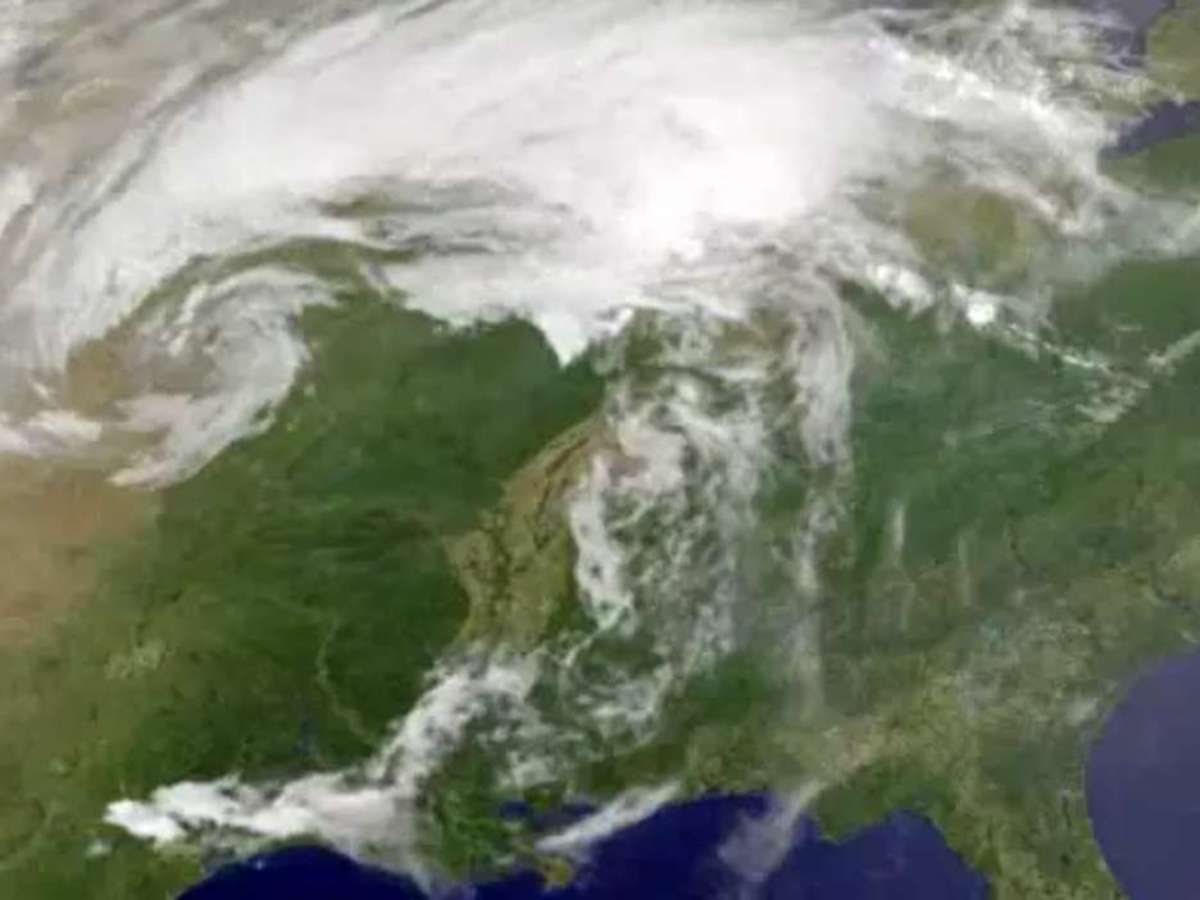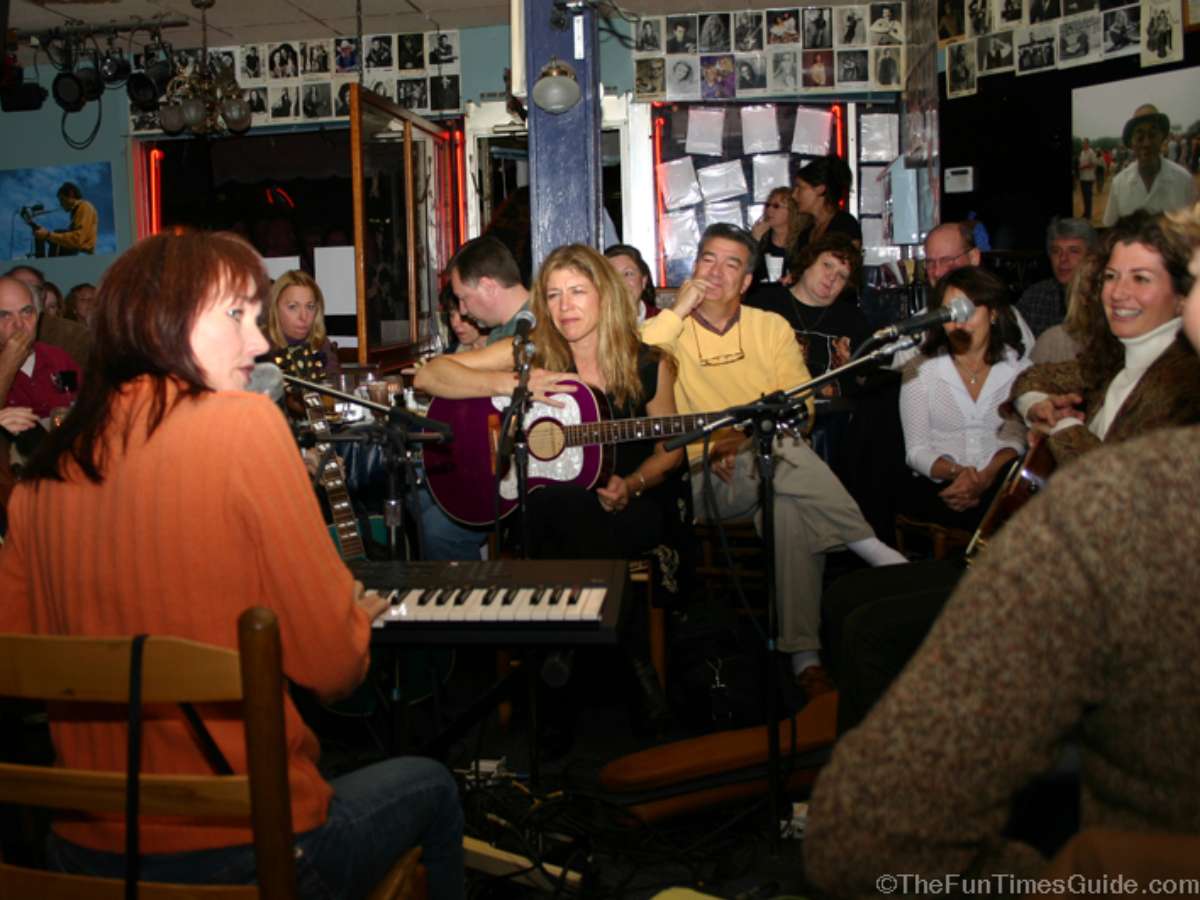 Jim and I were driving around recently when we started compiling this list of questions we had about writing songs.
Jim and I were driving around recently when we started compiling this list of questions we had about writing songs.
Trust me, neither of us has any interest in being a songwriter. We’re just everyday music listeners who are simply intrigued by the business of songwriting, and we always seem to have more questions than answers about how things work in the music industry — particularly the Country music industry.
Living in Nashville has definitely led us to connect a bit more with the songwriters who exist behind-the-scenes and the singer-songwriters who work double-time as writers and performers.
Non-writing singers?… Well they’re not really on our radar much these days.
So anyway… below are some questions. I’ll share whatever answers we’ve found along the way. But hopefully, we’ll learn a few things from those of you who actually know these answers firsthand and take the time to chime in in the Comments below.
Just for fun… Find any artist’s songwriter credits here. (enter artist’s name, then click on the ‘songs’ tab in gray).
My Questions:
#1 How are songwriter credits determined? Meaning: Is it always equal percentages for all involved? Or could someone get 75% and a co-writer get 25%?
Some answers to my question:
Usually, credits are split 50-50 between music and lyrics. If you compose the music by yourself, but write the lyrics with someone else, you should get 75% of the credit of the song (50% for the music and 25% for the lyrics). — How Do You Share Songwriting Credits?
If you wrote the LYRICS and the MELODY, you are the sole writer of the songs. Words and Music are the two “non-negotiables” in any copyright. The other two elements of songs — the HARMONY and RHYTHM — are matters of arrangement. For example, think about how many arrangements of “Amazing Grace” you have heard — everything from Country, to bagpipes, to symphonic performances — but you still know that the song is “Amazing Grace” because the words and melody are the same. — Songwriting Credits: Q&A
A share of the copyright in a song is meant to reflect a share in the creation of the song – as distinct from a musical performance of it. If your bandmates contribute to the creation of a song (the lyrics or the music), you should mutually agree on their shares. But you shouldn’t “cut in a share” for a bandmate just because they performed on the record as a musician. Songs exist independently of their recordings. — A Guide To Songwriting In A Band
#2 How much do songwriters earn for their songs?
Mechanical Royalty — Writers receive 9.1 cents for a song that sells on an artist’s CD. However, this is usually split with the publisher, leaving the songwriter only 4.55 cents. If the song is co-written, then they receive only 2.275 cents! So, if a writer has a song on a million-selling album, they earn around $22,750.
Performance Royalty — A songwriter is paid when his or her song is performed live or on radio, television, or cable. The average performance royalty is under $5,000 per year for those who are lucky enough to receive performance income. — How Songwriters Are Paid
Under the traditional recording agreement, recording artist royalties usually range from 10% to 25% of the suggested retail price for top-line albums (although many record companies have begun to compute royalties on the wholesale price). However, there are many deductions made for items such as packaging costs; free goods; responsibility for the payment of producer royalties; reserve accounts; return privileges; midline, budget-line, record-club, and foreign royalty reductions; 90% sale provisions; new-technology rate reductions (which may even affect CD royalties); cut-out and surplus-copy provisions; video, tour support, and promotion expenses; recording costs; advances for not only the current album, but past albums as well; ownership of websites; and merchandising rights. In addition, if the artist is a songwriter, there are provisions in the recording agreement (known as the “controlled composition clauses”), which reduce and limit, among other things, mechanical royalties. — Music & Money: Recording Artist Royalties
#3 How much of a song can be changed without having to credit another person as a co-author? Meaning: If a big star gets accepts a song written by someone else, can they change the pronouns from he to she or names of towns or past tense to present tense?
Anyone?
#4 Do songwriters always write chords with their songs, or do songs sometimes get picked up simply as words on a piece of paper?
I haven’t a clue.
#5 How do singers really get all their songs?
I actually got the answer to this one recently from a songwriter friend of mine. (I guess I need to sit down and have a heart-to-heart with him to find the answers to the rest of these questions I have about songwriting!).
He said the way major singers become aware of new songs is not necessarily through the traditional way that most people think… where the songwriter walks down Music Row, and knocks on every door there, then leaves a demo tape behind.
Instead, he said that songs are more commonly delivered to singers by someone in the biz called a ‘plugger’. I guess each songwriter has one. The plugger is an important part of the songwriter’s team of business-minded individuals who are all shooting for the same goal: go get the songwriter’s songs in front of the right people at the right time.
#6 Do the answers to the above questions depend on whether it’s a Country song or a Rap song or a Pop song?
Just curious…
RELATED:
![]() How To Write A Love Song For Your Girlfriend
How To Write A Love Song For Your Girlfriend
![]() 10 Tips For Songwriters: Credits, Copyrights & Coauthors
10 Tips For Songwriters: Credits, Copyrights & Coauthors
![]() 10 Ways To Get Your Songs Recorded
10 Ways To Get Your Songs Recorded




